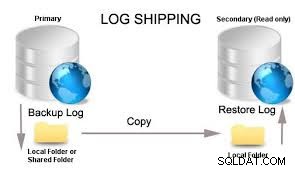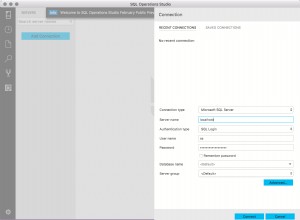La plupart des exemples de pagination ne répondent pas aux exigences de la vie réelle. Une chaîne de requête personnalisée, par exemple.
Voici donc un exemple complet mais concis :
<?
per_page=10;
// Let's put FROM and WHERE parts of the query into variable
$from_where="FROM Post WHERE active ='1'";
// and get total number of records
$sql = "SELECT count(*) ".$from_where;
$res = mysql_query($sql) or trigger_error(mysql_error()." in ".$sql);
$row = mysql_fetch_row($res);
$total_rows = $row[0];
//let's get page number from the query string
if (isset($_GET['page'])) $CUR_PAGE = intval($_GET['page']); else $CUR_PAGE=1;
//and calculate $start variable for the LIMIT clause
$start = abs(($CUR_PAGE-1)*$per_page);
//Let's query database for the actual data
$sql = "SELECT * $from_where ORDER BY PostID DESC LIMIT $start,$per_page";
$res = mysql_query($sql) or trigger_error(mysql_error()." in ".$sql);
// and fill an array
while ($row=mysql_fetch_array($res)) $DATA[++$start]=$row;
//now let's form new query string without page variable
$uri = strtok($_SERVER['REQUEST_URI'],"?")."?";
$tmpget = $_GET;
unset($tmpget['page']);
if ($tmpget) {
$uri .= http_build_query($tmpget)."&";
}
//now we're getting total pages number and fill an array of links
$num_pages=ceil($total_rows/$per_page);
for($i=1;$i<=$num_pages;$i++) $PAGES[$i]=$uri.'page='.$i;
//and, finally, starting output in the template.
?>
Found rows: <b><?=$total_rows?></b><br><br>
<? foreach ($DATA as $i => $row): ?>
<?=$i?>. <a href="?id=<?=$row['id']?>"><?=$row['title']?></a><br>
<? endforeach ?>
<br>
Pages:
<? foreach ($PAGES as $i => $link): ?>
<? if ($i == $CUR_PAGE): ?>
<b><?=$i?></b>
<? else: ?>
<a href="<?=$link?>"><?=$i?></a>
<? endif ?>
<? endforeach ?>




